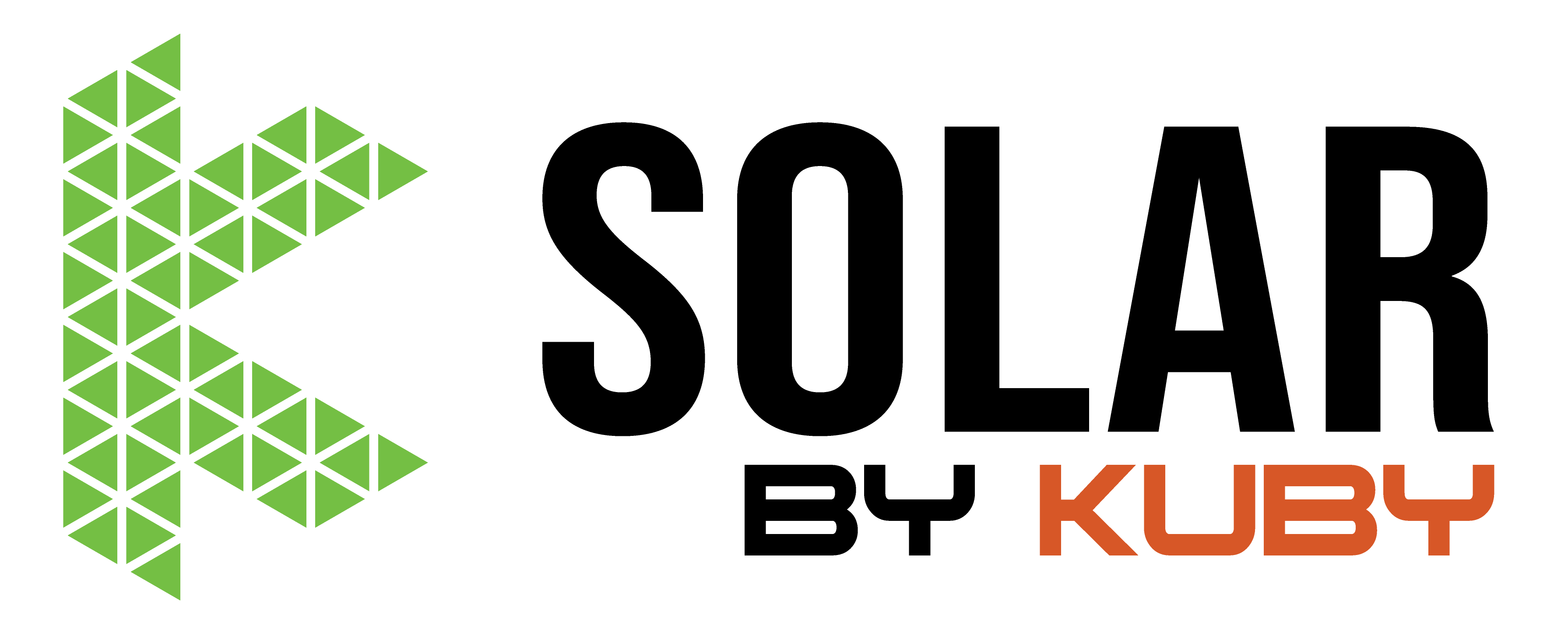Most people want the maximum amount of power to charge their vehicle. This requires putting in the highest amperage charger @ 240V. The main limiting factor for installing EV Chargers will be your electrical panel's allowable ampacity. The Canadian Electrical Code has rules for how many loads can be placed within a home based on its square footage and primary/large loads such as Ranges, Air Conditioners, Electric Heaters, Hot Tubs, or home solar systems. To determine your home's available ampacity, Kuby Energy will conduct a Load Calculation.
Many homes can put in a 20A or 30A charger with no upgrades, but many homes are at their existing amp limits with no EV charger. To get more ampacity, a Service Upgrade or an Electric Vehicle Management System will be required.
A service upgrade will mean reinstalling the electrical lines from the utility companies transformer to your main electrical panel (ex. going from a 100A main bkr to a 200A main bkr). Service upgrades will vary depending on whether you have an underground or overhead service and what size service you desire. Typical fees for this may be in the $2,000 to $8,000 range.
An EV Management System is a device that controls your EV charging based on your live home energy demand. This will throttle the output to your EV charger if your home starts drawing too much energy.
EV Management systems are typically more affordable than Service Upgrades, however, they may have lifestyle-limiting impacts and won't provide any extra ampacity for future electrical expansions. It is most often recommended to install an EV Management system if you want a bigger EV charger.













